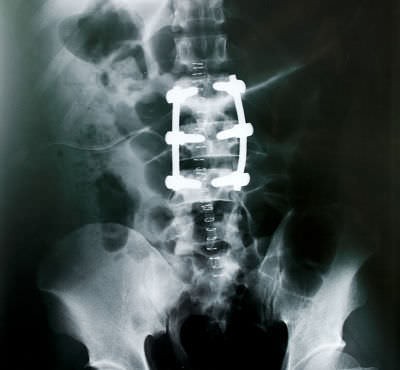Uncommon cause of back pain treated successfully in Post spine surgery patient
A 35 years female was referred to pain clinic for her persistent pain in the back following spine surgery for almost 6 years. She got implants of screw and plates to fix her spine. Her leg pain was relieved but back pain was still persisting. Over few months pain started to become very severe and started affecting her daily life. She was treated with physiotherapy, epidural injections, exercise program, Chiropractice, and was also suggested re-do spine surgery. But as MRI was fine with no evidence of nerve compression, and the implants were looking properly placed, surgery decision was not accepted by patients. after seeing multiple hospitals and consultants she visited our clinic.
It was one of the most challenging case where no obvious pathology was visualised. We have observed in past that many patients were having muscle issues post surgery and therefor we posted her for Psoas muscle and Quadratus Lumborum muscle injection, but she did not responded to it.
After thorough re-examination we were unable to pin point the structure causing the pain. I remembered reading one article where the cause of pain was soft tissue overlying implant. So I decided to inject directly over the pedicular screw at painful site. I did it under C-arm (Fluoroscopic guidance). Patient had instant relief and is still painfree.
The lesson learnt is that we should sometime think out of the box to diagnose and treat patients. Sometimes such unusual cases can be treated with unconventional treatments.







Very Good